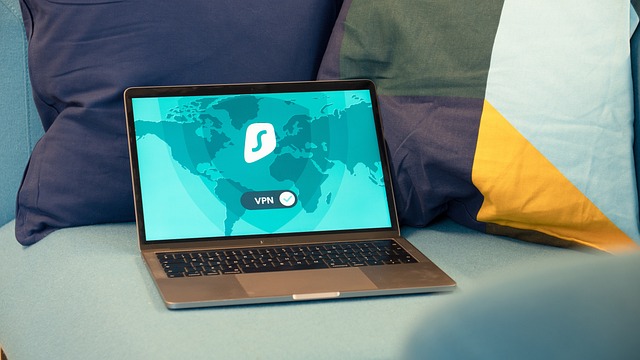Cyber security threats are relentless and ever-evolving. Hackers and others with ill intent seem to be able to find endless entry points into business data systems. Once this access is gained, the harm done can range from headache-inducing to catastrophic. A virtual private network (VPN) is a relatively easy and cost-effective way to protect company data and systems, even with remote employees accessing those systems from various locations. To ensure the effective use of a VPN, however, the individuals or teams implementing and managing business networks need to understand basic VPN risks and benefits.
Weighing VPN Risks and Benefits: First, the Basics
Most recommendations regarding security best practices for remote workers include using a VPN. But before you can evaluate and balance the risks and benefits of a VPN for your use case, you need to have a general idea of how a VPN works, how to put one in place, and how to manage it effectively.
Understanding the answers to these three questions can help maximize VPN benefits for business:
- Why should my business use a VPN?
- How does a VPN ensure data integrity and security?
- How can I mitigate potential VPN risks and issues?
Why Should My Business Use a VPN?
The primary VPN benefits for business entities relate to the balance of security and access. With more employees working remotely, allowing those people to access company information, systems, and applications quickly and reliably from various devices and locations is critical to productivity.
However, remote access to company systems—from an employee’s home where you have little or no control over network settings or from the local coffee shop where the Wi-Fi connection is open to all—presents a significant risk. Using a VPN for remote workers can allow employees to maintain the access they need while mitigating the risk. A VPN also provides an added layer of security for on-site employees who are accessing critical information and systems and can securely connect multiple business locations to the same data systems.
How Does a VPN Ensure Data Integrity and Security?
When an employee connects to the Internet through the Internet service provider (ISP) at their home or another private, password-protected location, the ISP and anyone else with access to that network can also access information and data related to the employee’s online activities and transactions. Public networks, like those provided as a courtesy by hotels, coffee shops, libraries, and restaurants, pose an even greater risk.
A VPN serves as a gatekeeper, allowing access to company systems only for those authorized. It also secures the connection from end to end by using tunneling protocols to encrypt data that is sent and mask the sending and receiving location data. Multiple different tunneling protocols can be used by VPNs, including OpenVPN, secure socket tunneling protocol (SSTP), point-to-point tunneling protocol (PPTP), and layer 2 tunneling protocol (L2TP). There are also various configurations for VPNs. Your needs and goals should guide decisions about what VPN to use and how to configure and manage it.
How Can I Mitigate Potential VPN Risks and Issues?
The VPN benefits for business will generally outweigh the potential risks and problems associated with the technology, especially if you choose a respectable, trustworthy provider. Decreased speed and issues with device compatibility are common end-user complaints. Employees should be advised of what to expect when accessing the network and must be trained to practice good security habits, like following password best practices and remaining vigilant about phishing and other scams.
Managing Business VPN Risks and Benefits
With proper planning and knowledgeable people implementing and maintaining your company’s IT systems, VPN risks and benefits can be managed to create a more accessible and productive environment wherever your employees may be.
